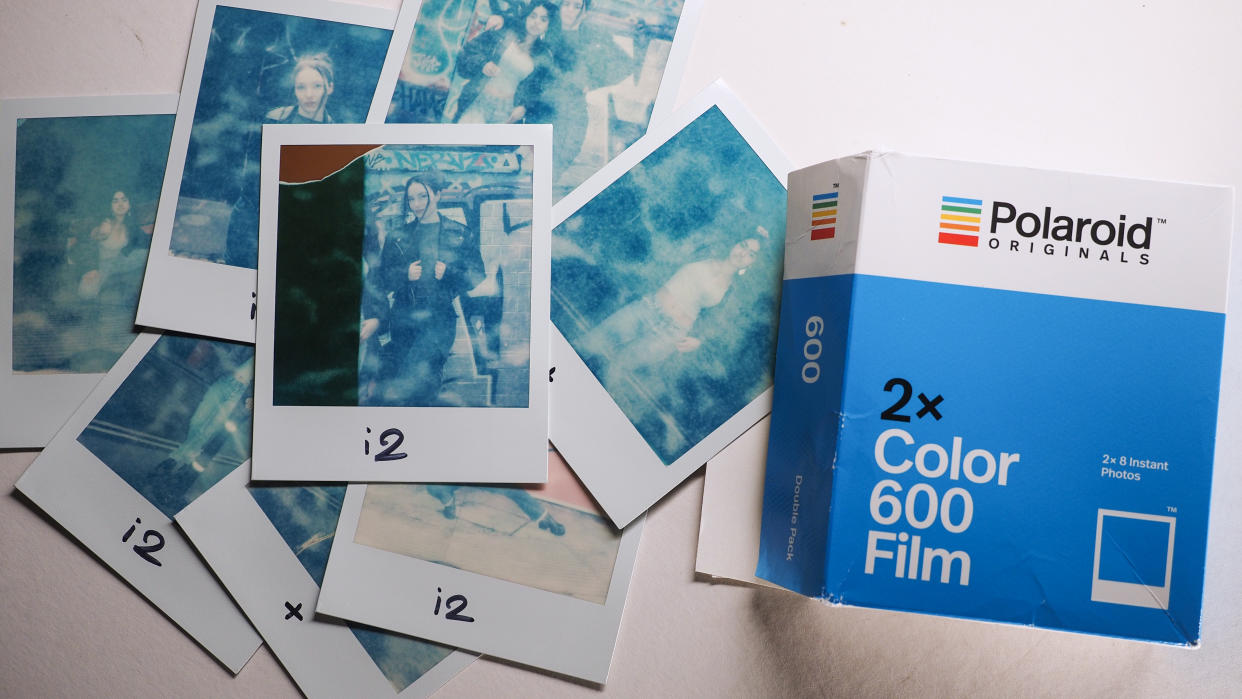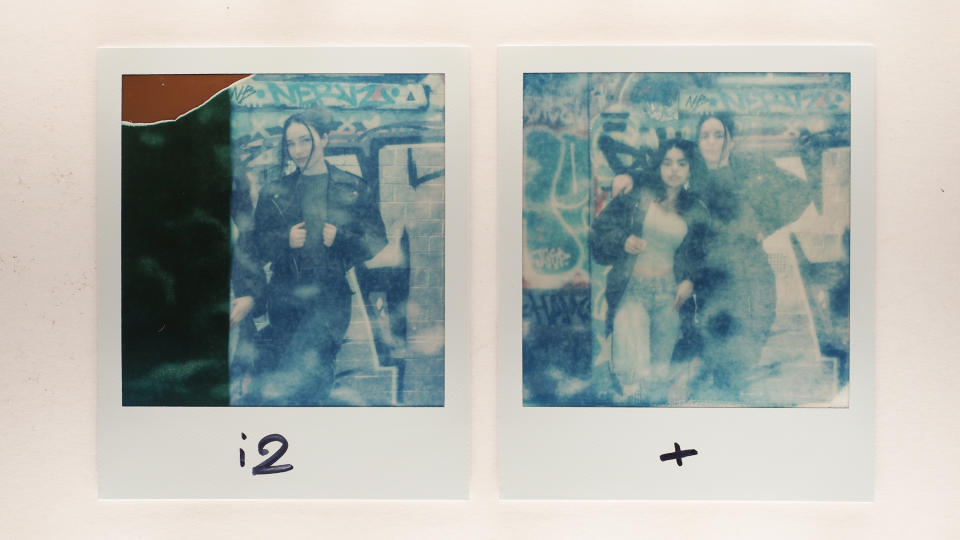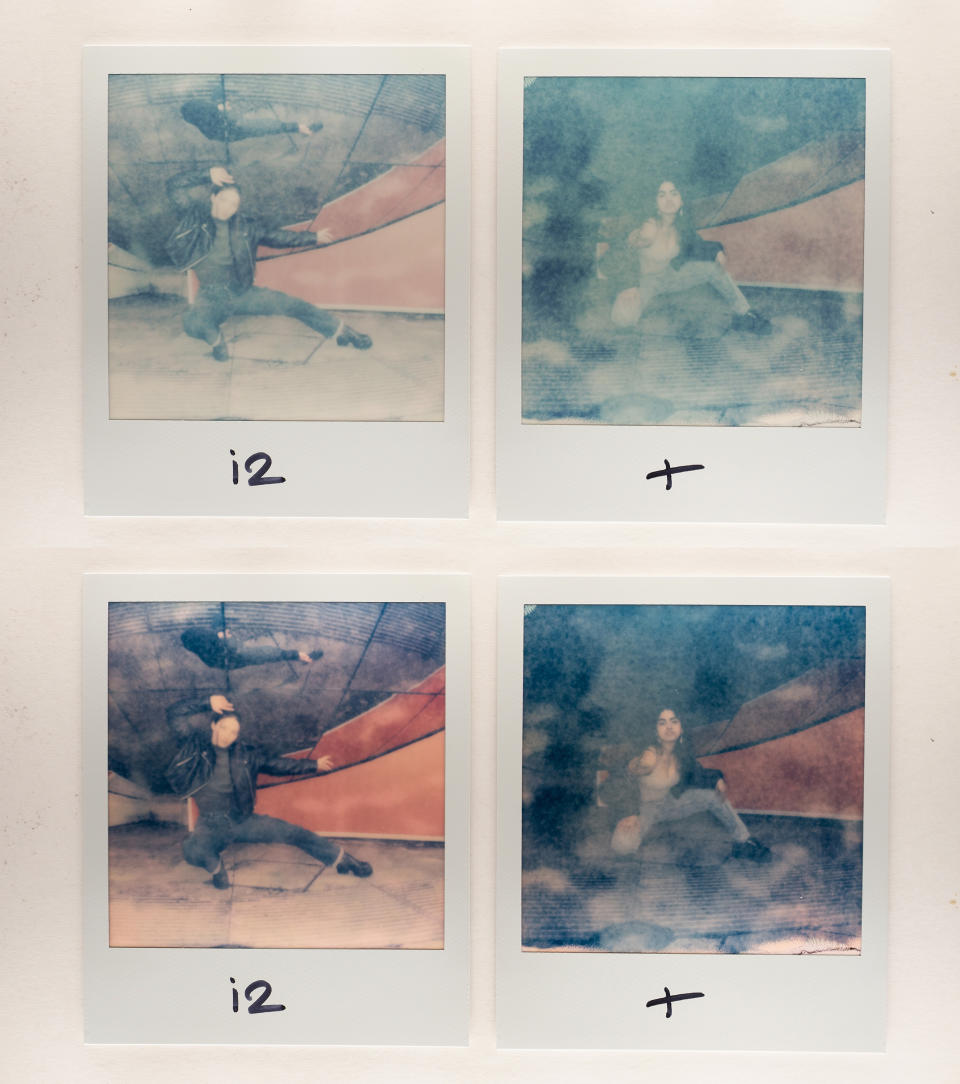What happens when you shoot with 5-year-old Polaroid film?

Shooting on funky film is something my cool photography friends do. I have a few friends who love working with expired film on their 35mm cameras, and one in particular who used to actively destroy film by putting it in the washing machine or attacking it with acid.
It all adds an unpredictability – a volatility, really – to the art of taking a photograph, and it's also a wholeheartedly analog thing to do. After all, memory cards don't so much "expire" as just stop working. And while I guess you could put your camera in the washing machine or throw acid on your sensor, that's probably a step further than most folks are willing to take just to get a weird photo.
Being just such folk, a thought I'd dip my toe in gently by simply shooting with some expired film. Being a good boy, I always put my film stock straight in the fridge – but being a forgetful boy, I don't always remember to use it. Case in point, I found a bunch of Polaroid film from 2019, including this twin-pack of color 600.
Since I'm in the process of testing a couple of instant cameras, I figured I'd pop the cartridges in and see what happened. Turns out, there's a very good reason why the company says that "all Polaroid film should be used within 12 months of production date for best results".
What did I expect from shooting on expired film? I guess I thought I would get something weird and wonderful; unstable chemical reactions creating crunchy colors and psychedelic exposures. What I actually got was something a little more… underwhelming. And kinda just underexposed.

I mean, the image on the left is kinda what I was hoping for – a cracked-off chunk of undeveloped film, blocks of unpredictable exposure, and still some level of detail in the photo. But the image on the right is more representative of what I got: an underexposed image with patches of detail and a general lack of color.
Not quite the mad, Instagram filter-looking effects I was hoping to be surprised by. By certainly interesting, and fun to analyze. Darker scenes and tones exposed better than lighter ones, and the images are very cyan-heavy while other hues almost completely failed to materialize.
"Chemical changes occur as our film ages, and this will eventually affect how well your film performs," says the Polaroid website.
"While proper storage will mitigate the effects of chemical aging, the expiration date marks the point in this process after which it is unlikely that the film will produce images that meet our standards of quality. You will still still get some variety of result from expired film, but there may be artefacts or defects for which we are unable to accept warranty claims."

With a little messing in Photoshop, something can be salvaged that could have the beginnings of a fun creative project. As you can see above, just flicking a few sliders goes quite a way to rescue the exposure, so you could certainly make something more of the images.
There were a few more packs of film from 2019, 2020 and 2021 in the fridge, so I'll be interested to see whether this is consistent with how all Polaroid film ages or whether they degrade in different ways…
Take a look at the differences between Instax vs Polaroid, and make sure to check what type of instant film you need for your camera.

